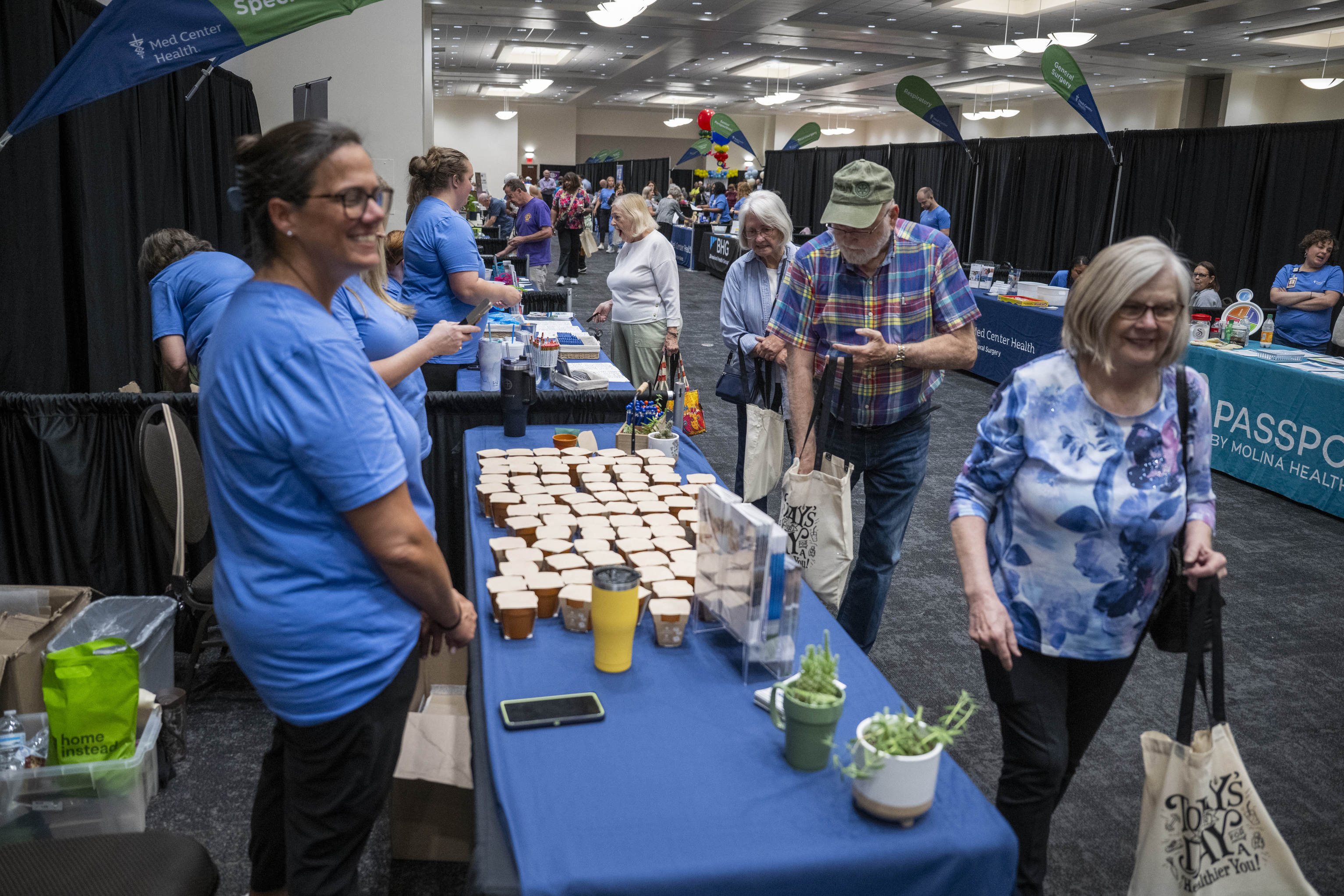Products by disabled artists catch the eye
Published 1:38 pm Friday, April 22, 2016
TOKYO – Located in the Kichijoji district of Musashino, Tokyo, about a 10-minute walk from Kichijoji Station, Majerca is a rare speciality store only dealing in products produced at welfare facilities. Colorful products such as glass-bead pierced earrings, felt brooches and clutch purses catch visitors’ eyes as they enter the store. The shop is warmly fitted out with wood furnishings.
Store manager Mitsuhiro Fujimoto, 45, stocks more than 100 sundry products from about 60 facilities throughout the country.
Fujimoto previously worked as a buyer at a corporation. He encountered the products from the welfare facilities and was amazed by their high quality. “Considering the materials and designs as well as the time and effort of the creators, many of these original products have potential to become a strong-selling line. We simply didn’t know about them,” said Fujimoto, who opened the store in 2011.
“I can find well-made products at this shop,” a 53-year-old women who came from Nagoya said with a satisfied look, before buying an unglazed cup and a glass vase. A female staff member who has a disabled son said, “I found a ray of hope when I learned about this store.”
Now Fujimoto sometimes develops new products after proposing ideas to the welfare facilities.
One of his suppliers is “Mokuba,” a nonprofit organization based in Hachioji, Tokyo, where disabled people including Takayuki Ayama, 43, are making use of their inventiveness to create products. Ayama, who is autistic, produces paintings and glass beads, and has received awards in Hachioji City competitions several times.
According to the facility director, Mieko Sagara, 57, the disabled people working at the facility are now experimenting with ways to successfully sell products instead of just making them.
Setting a goal of getting the products circulated through ordinary distribution channels, Fujimoto makes efforts to convince museums and department stores to sell them.
“I hope that through buying products at this shop people have the opportunity to change their perspective on disabled people,” Fujimoto said. His challenge has just begun.
artist-yomi






